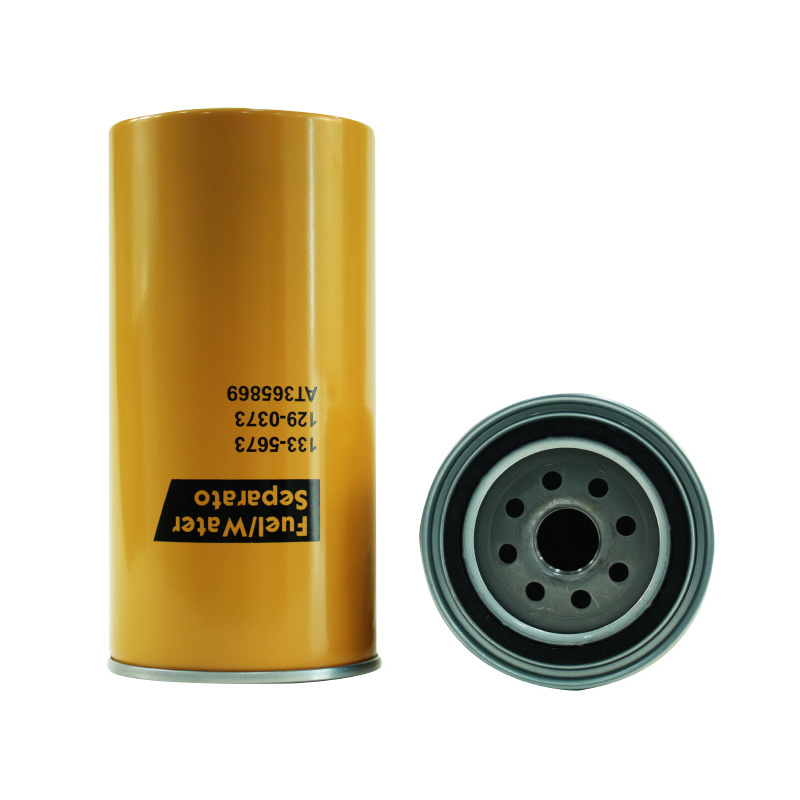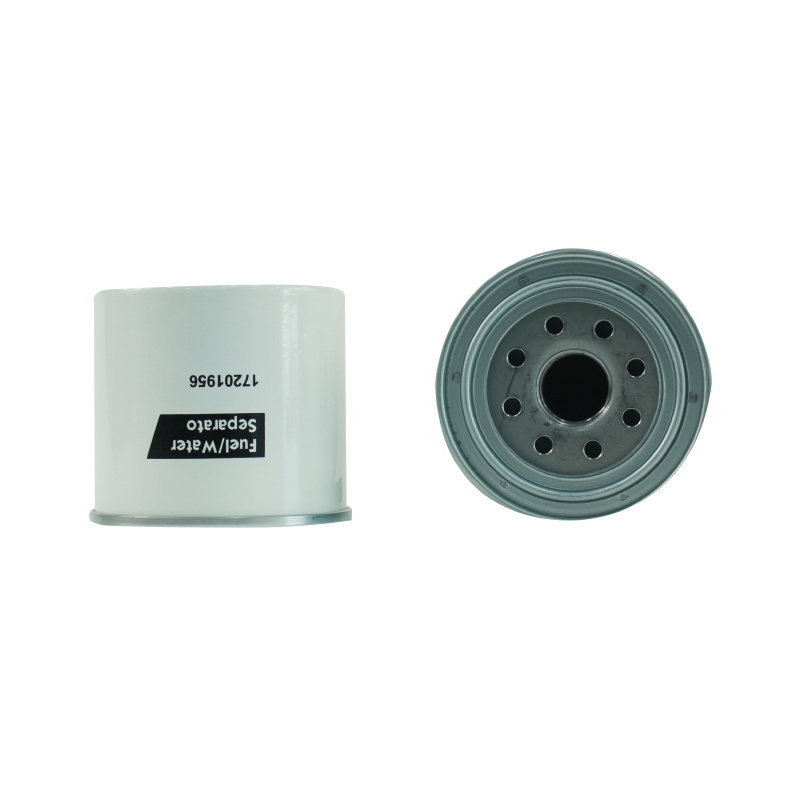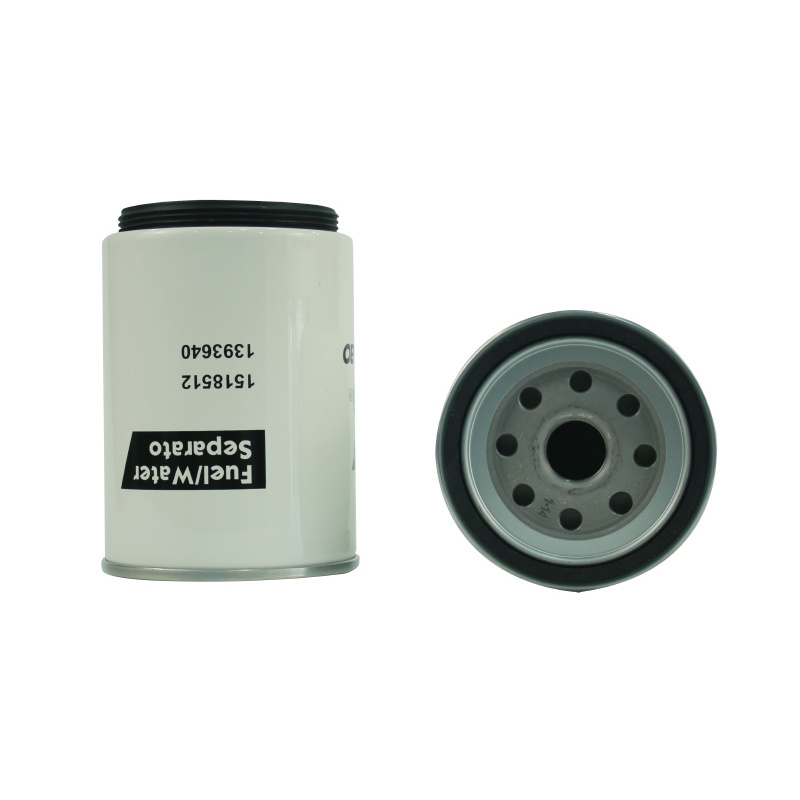Welcome to Hebei Takai Vehicle Parts Technology Co., Ltd.
Understanding the Tax Benefits of Investing in Oil-Water Separators
Release Time:
Aug 02,2025
Understanding the Tax Benefits of Investing in Oil-Water Separators Table of Contents 1. Introduction to Oil-Water Separators 2. Importance of Oil-Water Separation in Industries 3. Overview of Tax Benefits for Industrial Equipment 3.1 Depreciation Deductions 3.2 Investment Tax Credits 4. Environmental Regulations and Compliance 4.1 Meeting Industry Standards 4.2 Financial Incentives for Compliance
Understanding the Tax Benefits of Investing in Oil-Water Separators
Table of Contents
1. Introduction to Oil-Water Separators
2. Importance of Oil-Water Separation in Industries
3. Overview of Tax Benefits for Industrial Equipment
3.1 Depreciation Deductions
3.2 Investment Tax Credits
4. Environmental Regulations and Compliance
4.1 Meeting Industry Standards
4.2 Financial Incentives for Compliance
5. Operational Efficiency and Cost Savings
6. Case Studies: Successful Investments in Oil-Water Separators
7. Frequently Asked Questions (FAQs)
8. Conclusion
1. Introduction to Oil-Water Separators
Oil-water separators are essential devices used in various industries, including oil and gas, manufacturing, and wastewater treatment. These systems efficiently separate oil from water, ensuring that effluent is compliant with environmental regulations before being discharged into the environment. As businesses increasingly prioritize sustainable practices, investing in oil-water separators can lead to significant financial benefits, particularly in tax deductions and credits.
2. Importance of Oil-Water Separation in Industries
The proper management of wastewater is critical for industries that handle oil and chemicals. Oil-water separators play a crucial role in:
- Reducing environmental pollution
- Complying with local and federal regulations
- Protecting aquatic life and ecosystems
- Enhancing operational efficiency
By implementing these systems, businesses not only demonstrate social responsibility but also position themselves for potential financial incentives.
3. Overview of Tax Benefits for Industrial Equipment
Investing in oil-water separators can yield substantial tax benefits, which can significantly offset initial acquisition costs. Understanding these benefits is crucial for any business considering such investments.
3.1 Depreciation Deductions
One of the most significant tax advantages of acquiring industrial equipment, including oil-water separators, is the ability to claim depreciation. This means that businesses can deduct the cost of the equipment over its useful life, thus reducing taxable income. The Modified Accelerated Cost Recovery System (MACRS) allows for accelerated depreciation, enabling companies to recover their investments more quickly.
3.2 Investment Tax Credits
Investment tax credits (ITCs) reward businesses for investing in specific types of equipment that improve energy efficiency or reduce pollution. In many jurisdictions, oil-water separators qualify for ITCs, which can significantly reduce the upfront costs of purchasing and installing these systems. By taking advantage of ITCs, businesses can improve their cash flow and overall profitability.
4. Environmental Regulations and Compliance
The regulatory landscape surrounding wastewater management is complex and constantly evolving. Understanding the associated tax benefits can help businesses navigate these regulations more effectively.
4.1 Meeting Industry Standards
Oil-water separators are often required by law to meet specific industry standards for effluent quality. Investing in these systems ensures compliance with regulations set forth by agencies such as the Environmental Protection Agency (EPA) in the United States. Compliance not only avoids costly fines but can also lead to tax incentives designed to promote environmentally friendly practices.
4.2 Financial Incentives for Compliance
Governments recognize the importance of environmental compliance and often provide financial incentives to encourage businesses to adhere to regulations. These incentives can come in the form of grants, reduced tax rates, or additional tax credits for companies that invest in technologies like oil-water separators.
5. Operational Efficiency and Cost Savings
Beyond tax benefits, investing in oil-water separators offers numerous operational advantages. These systems enhance overall efficiency, reduce waste disposal costs, and minimize the risk of contamination.
- **Cost-Effective Waste Management**: By efficiently separating oil from water, businesses can minimize the volume of hazardous waste they generate, leading to lower disposal costs.
- **Improved Equipment Longevity**: Oil-water separators help protect downstream equipment from damage caused by oil contamination, ultimately extending the lifespan of industrial machinery.
- **Increased Productivity**: With a reliable separation system in place, businesses can focus on core operations rather than worrying about compliance issues and waste management.
6. Case Studies: Successful Investments in Oil-Water Separators
Examining real-world examples can illuminate the benefits of investing in oil-water separators. For instance, a mid-sized manufacturing plant implemented a high-efficiency oil-water separator and experienced:
- A reduction in waste disposal fees by 30%
- Improved compliance with local regulations, eliminating fines
- An increase in overall operational efficiency, leading to a higher production output
These benefits not only improved the plant's financial health but also enhanced its reputation as an environmentally responsible business.
7. Frequently Asked Questions (FAQs)
What is an oil-water separator?
An oil-water separator is a device designed to separate oil from water, ensuring that wastewater meets environmental regulations before discharge.
How do tax benefits work for oil-water separators?
Businesses can claim depreciation on the equipment and may qualify for investment tax credits, reducing both the initial cost and taxable income.
Are oil-water separators required by law?
In many industries, regulations require businesses to have oil-water separators to prevent pollution and comply with environmental standards.
What are the operational benefits of oil-water separators?
These systems improve waste management efficiency, extend the lifespan of equipment, and contribute to overall operational productivity.
Can small businesses also benefit from investing in oil-water separators?
Yes, small businesses can take advantage of tax benefits and operational efficiencies just as larger companies do, making the investment worthwhile.
8. Conclusion
Investing in oil-water separators is a strategic decision that offers both environmental and financial benefits. From tax deductions and credits to enhanced compliance and operational efficiencies, the advantages are significant. As industries continue to face stricter regulations and increased scrutiny from consumers, the case for investing in oil-water separators becomes even more compelling. By making informed decisions now, businesses not only improve their bottom line but also contribute to a cleaner, more sustainable future.
You Can Also Learn More About Industry Trends











